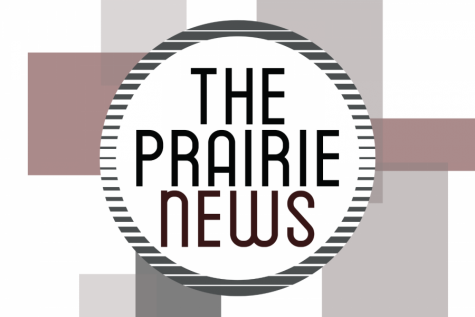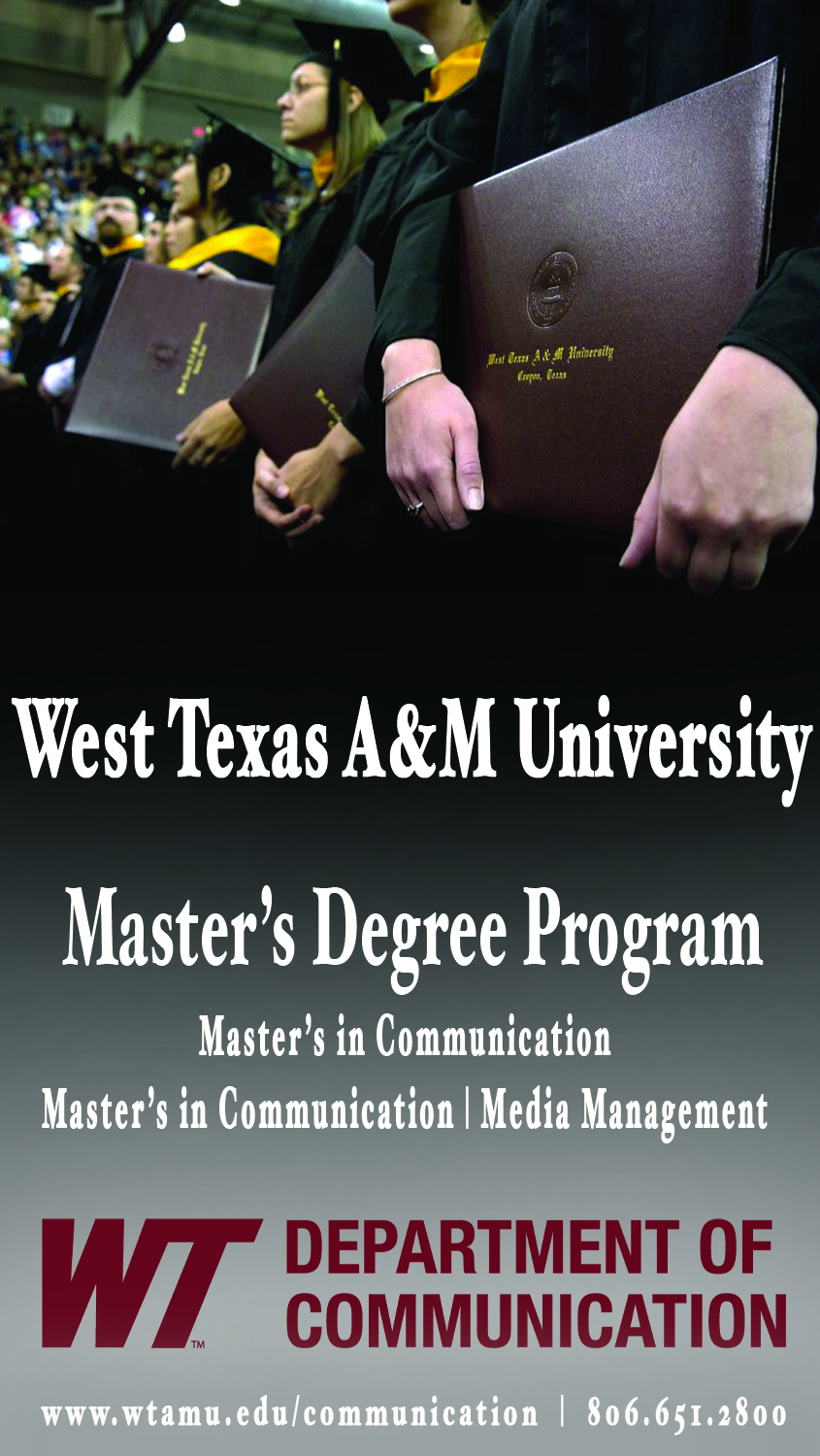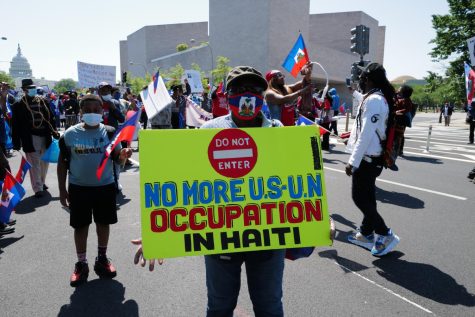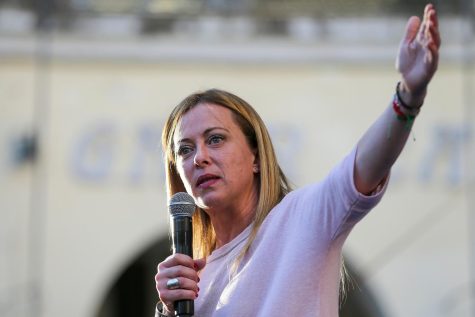America walks fine line with Middle East
March 22, 2011

Egyptian protestors’ success in removing President Mubarak from power has spiked political unrest in other areas of the Middle East. The country of Libya has descended into violent commotion as Gaddafi fights back against protesters. The king of Bahrain is facing opposition and has sent in Saudi forces to take control of the protesters using threats and violence. Each country has a similar story with powerful consequences.
The political, social and economic turmoil of the Middle East has quickly become an issue the rest of world must face because it no longer impacts that region alone.
In reaction to this tumult, everyday citizens watch the rise in product prices. Gas price increases are one of the biggest issues that make American citizens look around and ask, “what is going on?” Some are oblivious to what happens in the world around them while others are in outrage as they finally see how differently these countries function.
“Probably the best thing Americans could do is work harder at learning as much as possible about Middle Eastern countries and governments,” Dr. Dave Rausch, WT Political Science professor, said.
In dealing with the Middle East, America plays a careful role by not making outright demands or declaring strong political decisions that largely impact society and the economy. The decision to interfere is a slow process.
“The problem is that we have supported those leaders either because their countries have natural resources we need or because they were a buffer against the Soviet Union in the past and fundamentalist Islam today,” Rausch said.
Obama is working to preserve what relationships he can, whether it is to sustain social responsibility, avoid more economic crisis or evade dangerous political problems.
“The Obama administration, like most Americans, does not know what to do,” Rausch said. “Everyone likes democracy, but sometimes elections in Middle Eastern countries go awry.”
The United Nations declared that they would not stand by idly and watch civilians die. As a result French, British and U.S. forces have become a part of the fight in Libya. U.S. ships fired missiles from the coast of Libya aiming to take out radar and communications locations. The British aided the Americans from a submarine. The French have fired from airplanes above the city. U.S. Secretary of State Hillary Clinton has stated the U.S. has become involved in Libya, but that this is an international effort.
Libya has responded to the attacks by saying they are barbaric. Libya claims that the attacks have not only destroyed places, other than the targeted areas, but lives have been put in danger and lost because of the missiles fired under the U.N.’s authorization.
As long as revolts and uprisings continue in the Middle East, America will be affected. Political tension is running high, and this has become a time filled with stressful situations. The political upheaval does not seem to be slowing down, and America continues to balance their actions to avoid severe consequences.
For many around the world it has become a question of what will happen next and what is the next step for the Middle Eastern countries.










